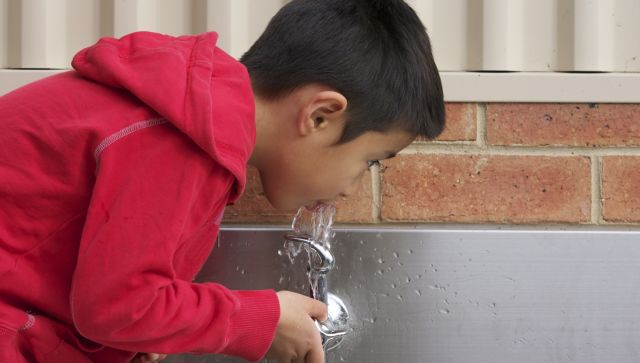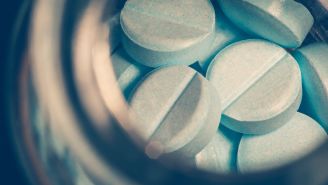Thousands of people in Flint, Michigan, were exposed to high levels of lead in their drinking water for more than a year. And now, the city is in a state of emergency, without clean drinking water.
How did this happen?
In April 2014, the city of Flint temporarily switched its water source from Lake Huron to the notoriously filthy Flint River as a way to cut costs during a financial crisis. After the switch, residents began complaining about how the water looked, smelled and tasted, all while city and state officials said the water was fine.
The Flint River has a reputation for being unclean, and, in late summer of 2015, Virginia Tech researchers found high levels of lead in Flint’s tap water. Soon after these results were released, a local pediatrician discovered that the number of kids with elevated blood levels had jumped sharply. Weeks later, Flint city officials admitted there was a lead problem in the city’s water, and urged citizens to avoid drinking from the tap while they switched the water supply back to Lake Huron. But it was too late—the town’s water pipes were already so damaged that they continue releasing lead.
In January 2016, Michigan Governor Rick Snyder asked the president for federal aid, officially declaring the Flint water crisis a major disaster and emergency.
Is your water safe?
While the crisis is isolated to Flint, many people are understandably worried about their own drinking water. Lead has no color, odor or taste so it can be hard to tell if your water is contaminated. Here are a few things you can do to protect yourself:
- Research your city’s water quality in the annual Consumer Confidence Report on the Environmental Protection Agency’s website.
- If you have well water, contact your local health department or environmental protection department for information on how to get it tested—avoid home water tests because they are not certified and experts don’t know how reliable they are.
If you suspect your water is contaminated, find out which tests you need and get a list of certified labs.
What are the risks?
Children and unborn babies are especially vulnerable to lead poisoning, which typically occurs after lead builds up in the body over months or years. Lead poisoning may cause:
- Developmental disorders such as a decreased IQ
- ADHD and behavioral problems
- Hearing loss
- Slowed body growth
- Kidney damage
Unfortunately, lead poisoning may have lasting effects that cannot be reversed, but doctors can rid the body of lead buildup with therapies and medications.





